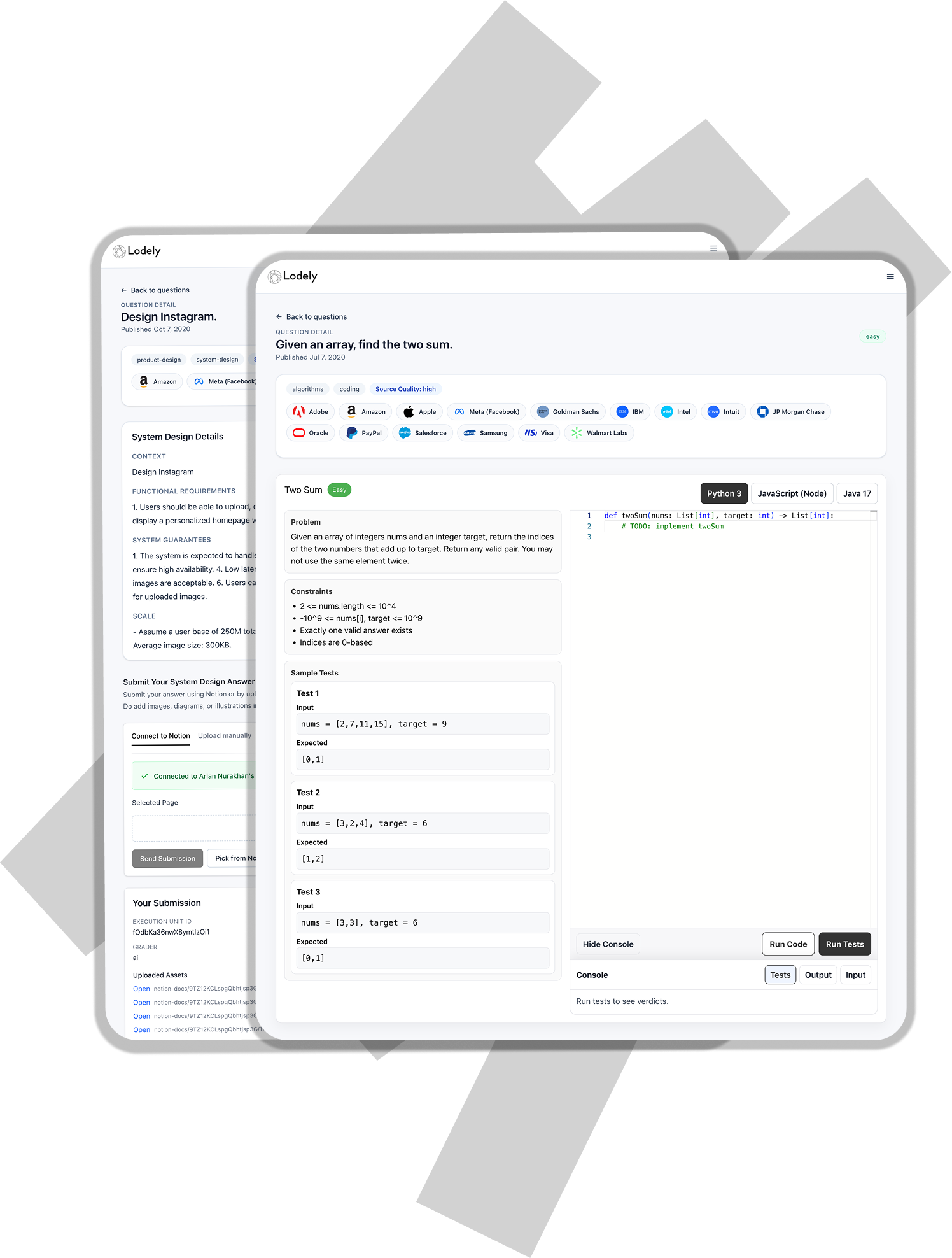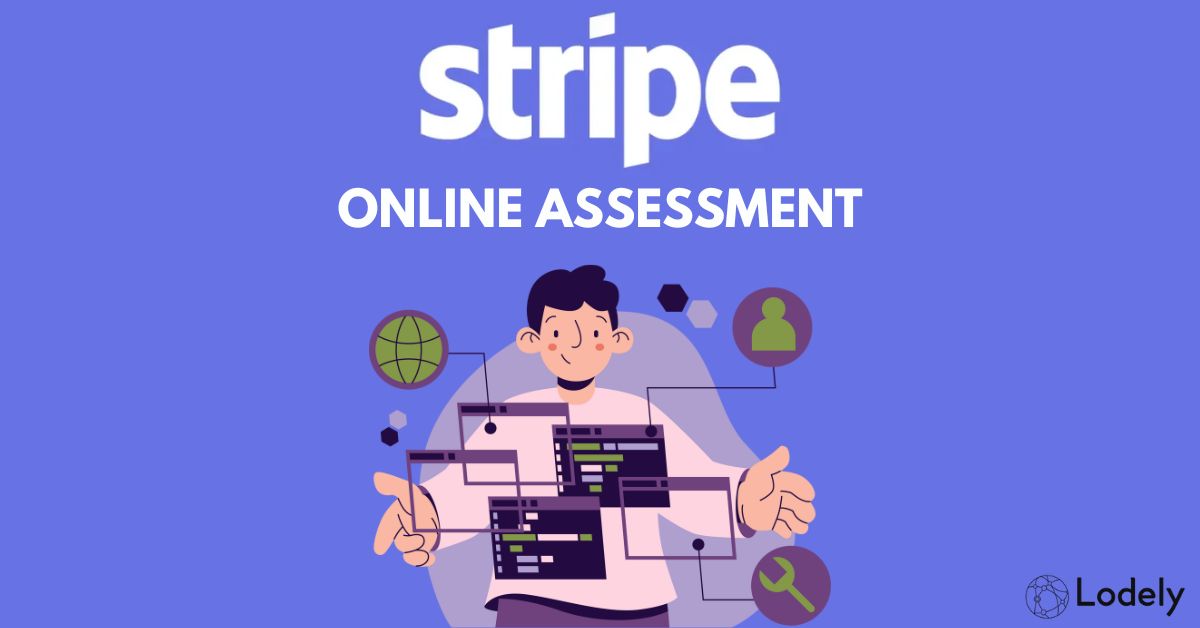QA vs Software Engineering: Which Has Better Career Prospects
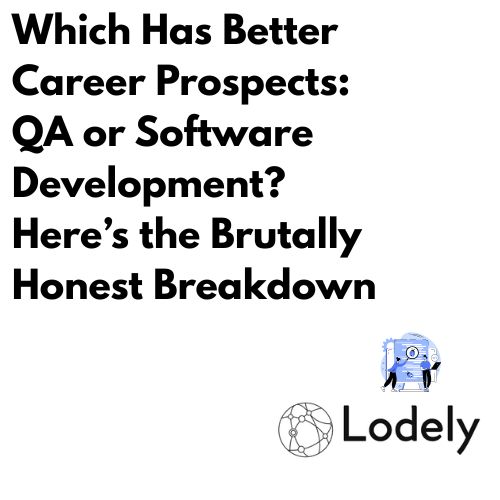
QA vs Software Engineering: Which Has Better Career Prospects? - Honest Breakdown
You’re not just choosing a role, you’re choosing your income, your schedule, and the kind of problems you’ll solve every day.
So when people ask, “Which has better career prospects: QA or Software Engineering?”, they’re really asking which path gets them further, faster, and with fewer regrets. This breakdown gives you the real answer, backed by data, daily realities, and hard-won career wins.
The Real Talk: Software Engineering vs QA Testing - Which Path Pays Off?
You're staring at two paths into tech, and everyone's giving you different advice. Your friend who's a developer says coding is where the money is. That QA engineer you met at a meetup swears testing is the better lifestyle choice. Meanwhile, you're trying to figure out which one sets you up for success.
I get it. This decision feels huge because, well, it kind of is.
Here's what I've learned from being in the trenches: Software Engineering has the edge overall, but QA offers some unique advantages that make it the smarter choice for certain people and situations.
The Numbers Don't Lie
Let's start with what everyone wants to know - the money.
Software developers are pulling in significantly more cash. According to the Bureau of Labor Statistics, software developers earn a median of $133,080 annually, while QA analysts and testers make around $102,610 as of May 2024. This represents a substantial 30% salary gap between the two roles at the median level.
From what I've seen in the industry:
- Software developers average around $116K
- QA testers average around $82K
- The gap widens significantly at senior levels
But here's the kicker - QA automation engineers who can code are closing that gap fast, often earning $100K-130K+.
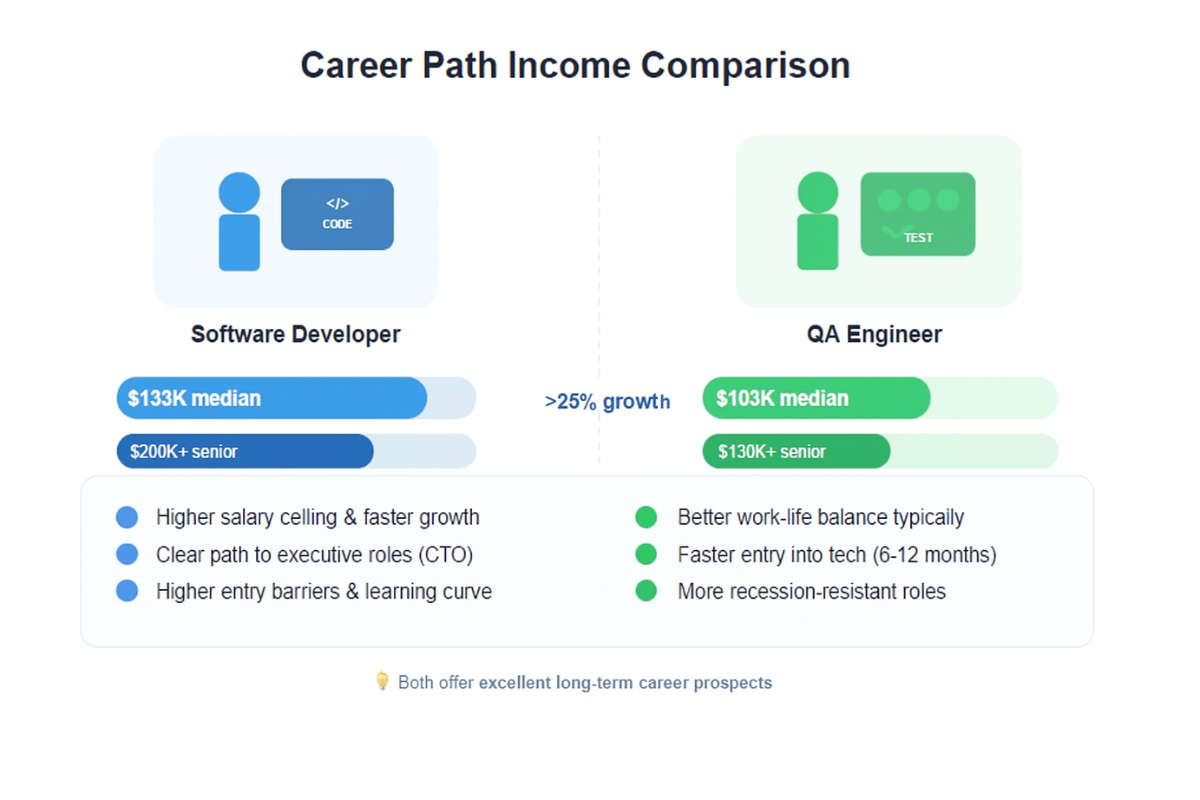
Growth Trajectory: Both Are Hot, But Development Is Hotter
The job market is exploding for both roles, but with different momentum:
- Software development: 25% projected growth through 2032 (that's insane compared to the 5% average for all jobs)
- QA testing: 17% projected growth through 2033 (still way above average)
Translation: Both fields are golden tickets, but development has more rocket fuel behind it.
The Entry Game: QA Wins Hands Down
Here's where QA absolutely crushes it - accessibility for career switchers.
I've seen countless people break into tech through QA who would've struggled to land their first dev role. You don't need to be a coding wizard from day one. In fact, some of the best QA engineers I've worked with started with zero technical background.
For software development, you're expected to show up knowing how to code. Period. That’s where the interview prep becomes non-negotiable. Sure, you can learn on your own or through bootcamps, but the bar for entry is significantly higher.
Real talk: If you're switching careers and want to get into tech quickly, QA is your fast track. You can land your first role within 6-12 months with the right preparation.
Career Ceiling: Development Takes the Crown
When it comes to long-term earning potential and executive opportunities, development wins decisively.
The development track naturally leads to:
- Senior Engineer → Staff Engineer → Principal Engineer → Engineering Manager → VP Engineering → CTO
- Or the technical track: Architect → Distinguished Engineer → Fellow
QA progression typically caps at:
- Senior QA → QA Lead → QA Manager → Director of QA
Bottom line: If your goal is to eventually run engineering orgs or become a CTO, development gives you a clearer path to the C-suite.
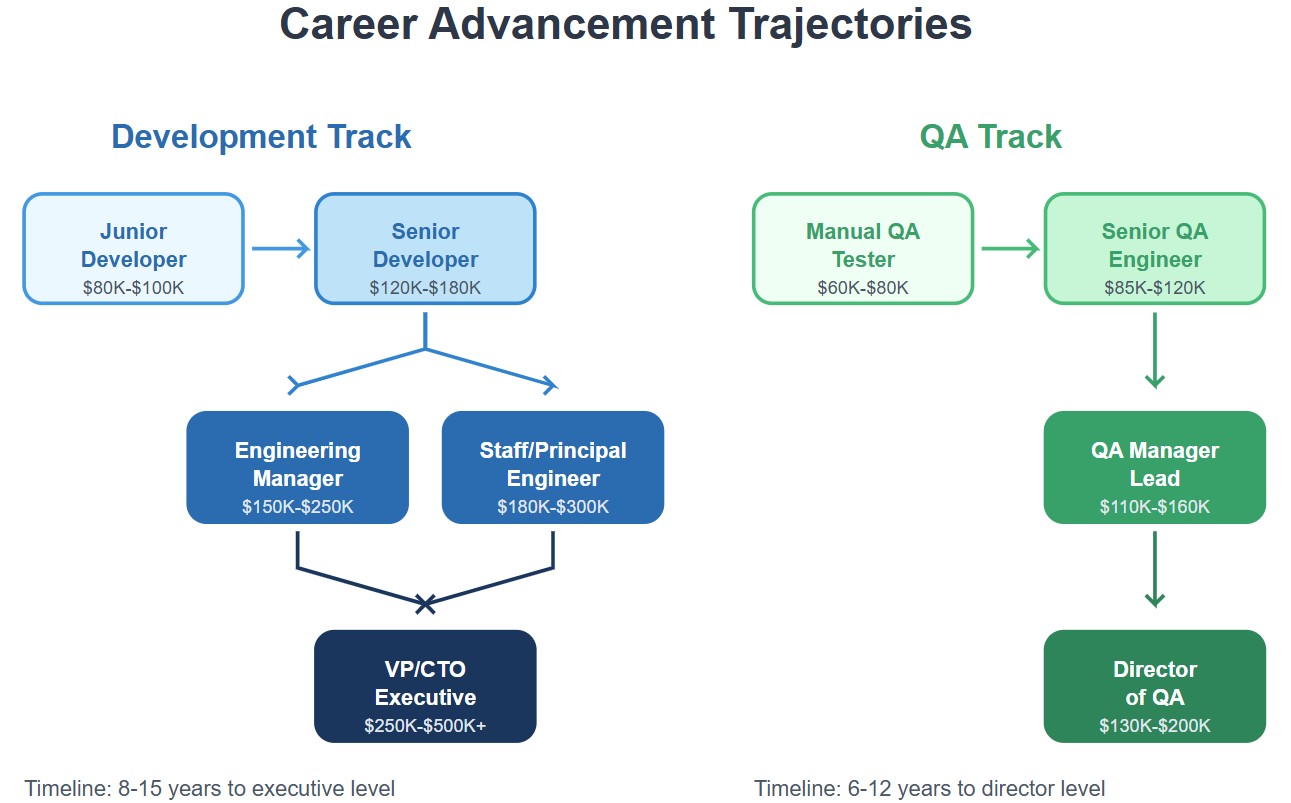
Job Security: Both Are Recession-Proof (But QA Has a Slight Edge)
Here's something interesting I've observed through multiple economic cycles: both roles are incredibly secure, but QA has a slight advantage during downturns.
Why? When companies are cutting costs, quality becomes even more critical. Nobody wants to ship buggy software when every customer counts. I've seen QA teams actually expand during tough times while dev hiring slowed.
That said, both fields are so in-demand that job security isn't really a concern for either path.
Work-Life Balance: QA Wins (Usually)
In my experience, QA engineers generally have a better work-life balance. Here's why:
- Less pressure for late-night deployments (though you might be testing them)
- More predictable schedules aligned with development cycles
- Generally less "crunch time" compared to developers racing to hit deadlines
Developers tend to deal with:
- More production fires at 2 AM
- Tighter release pressures
- Higher stress during launch windows
But here's the caveat: This varies wildly by company and team culture.
The Decision Framework That Works
After seeing hundreds of people navigate these career choices (and working with a few sharp career coach engineering professionals), here’s my simple decision framework:
Choose Software Development if:
- You love building things from scratch
- You want maximum earning potential
- You're comfortable with steep learning curves
- Long-term leadership aspirations (CTO, founder, etc.)
- You thrive under pressure and tight deadlines
Choose QA Testing if:
- You prefer analyzing and perfecting existing systems
- You want faster entry into tech
- Work-life balance is a priority
- You have strong attention to detail and analytical skills
- You want to understand the entire software ecosystem
The Secret Third Option: Hybrid Roles
Here's what most people don't realize: the lines are blurring. Some of the highest-paid people I know are in hybrid roles like:
- SDET (Software Development Engineer in Test) - Combines both skillsets, often pays as much as senior developers
- DevOps Engineers - Bridge development and testing, extremely well-compensated
- Quality Engineers - More technical QA roles that require coding skills
These hybrid roles often offer the best of both worlds - high compensation with interesting, varied work.
My Honest Recommendation
If I'm being completely honest, for most people, software development offers better long-term prospects. The earning potential, career ceiling, and industry influence are just higher.
But - and this is a big but - QA is the smarter choice if:
- You're switching careers and want to get into tech fast
- Work-life balance is non-negotiable
- You genuinely prefer the analytical, detail-oriented work
- You plan to transition to hybrid roles later
tldr: Development wins on paper, but the "right" choice depends entirely on your situation, personality, and goals. Both are excellent careers that can set you up financially for life.
The key is picking the path that matches who you are, not just which one looks better on a spreadsheet.
Behind the Scenes: What You'll Be Doing Every Day
Look, everyone talks about salaries and career growth, but nobody tells you what you'll actually be doing from 9 to 5. After seeing hundreds of people transition into these roles, I'm going to give you the real breakdown.
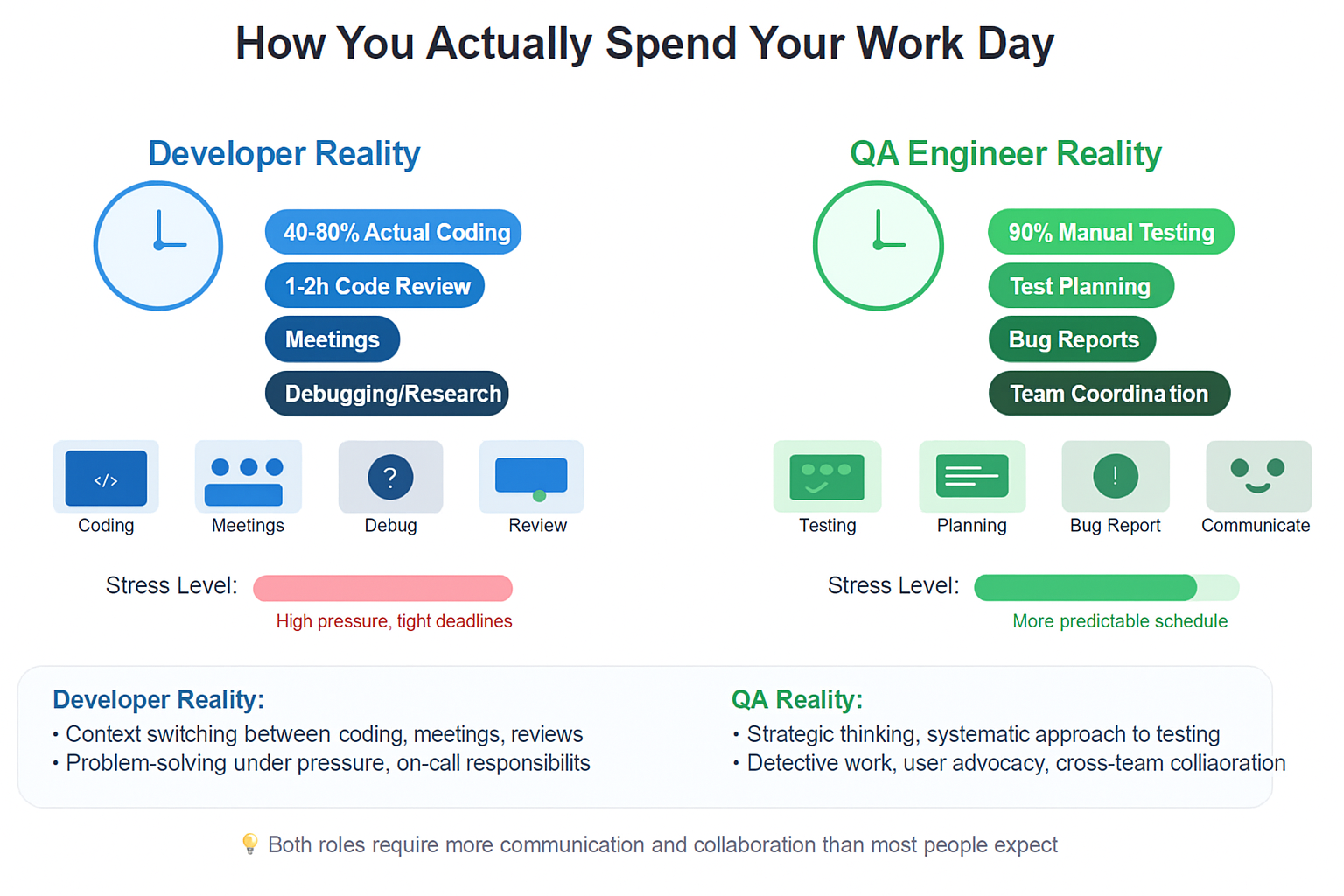
A Developer's Daily Reality: More Than Just Coding
Here's what most people think developers do: sit in a dark room, headphones on, cranking out code all day.
The reality? Coding is maybe 40-60% of your day if you're lucky.
Code Reviews Will Eat Your Time
Code reviews consume 1-2 hours daily, and this caught me completely off guard when I started. You're not just writing code - you're constantly reviewing other people's code and defending your own.
Your morning routine: Check overnight pull requests, leave comments on 3-5 different code reviews, then watch senior engineers tear apart your code (in a good way). Everything gets questioned - variable names, logic flow, even spacing.
Real talk: Code reviews made me a way better developer than any tutorial ever did.
Meeting Overhead Is Real
Remember when you thought programming meant avoiding meetings? Think again.
A typical day includes daily standup, sprint planning, design discussions, and retrospectives. On heavy meeting days, you might only get 2-3 hours of uninterrupted coding time.
Problem-Solving vs Building: The 80/20 Split
You'll spend way more time debugging than building new stuff.
Realistic breakdown:
- 20% building new features (the fun stuff)
- 40% debugging existing code (detective work)
- 40% refactoring, research, and maintenance (necessary but tedious)
The most eye-opening moment for me was realizing that senior developers are just really good at debugging. They're not faster at writing new code; they're wizards at figuring out why existing code is broken.
Bottom line: If you love building things and don't mind meetings and code reviews, development is great. But if you're expecting to code in silence all day, you're in for a surprise.
A QA Engineer's Daily Reality: Professional Skeptics
QA engineers are basically professional skeptics who get paid to break things. Some of the best QA people I've worked with have this supernatural ability to find edge cases that would never occur to developers.
Test Planning: More Strategic Than You Think
QA isn't just clicking buttons randomly. There's serious strategy involved.
You're reviewing user stories and figuring out what could possibly go wrong, creating test cases for happy paths and "what if a user does something completely stupid" scenarios, then prioritizing based on what's most likely to break in production.
Good QA engineers think like users AND hackers simultaneously. They're constantly asking, "What if someone uploads a 50GB file?" or "What happens if someone enters an emoji in the password field?"
The Daily Split: Manual and Automated Testing
Your day splits between manual testing and automation work (if you're technical).
Manual testing reality:
- Following test scripts, but also exploring beyond them
- Documenting bugs with enough detail that developers can reproduce them
- Regression testing to make sure new features didn't break old ones
Automation work:
- Writing test scripts in tools like Selenium
- Maintaining test suites because tests break when UI changes
- Dealing with flaky tests that pass sometimes and fail other times
Bug Triage: Diplomatic Warfare
This is where QA engineers become diplomats. You're constantly negotiating with developers about whether something is actually a bug.
Typical conversation:
- You: "This button doesn't work on mobile."
- Developer: "It works on my machine."
- You: "Here's a video of it not working."
- Developer: "That's edge case behavior."
- You: "It affects 30% of our users."
- Developer: "...I'll fix it"
You become really good at writing detailed bug reports that developers can't dismiss and advocating for user experience when developers want to ship "good enough" features.
The Satisfaction Factor
QA engineers get energized by preventing disasters before they happen. There's deep satisfaction in catching a major bug before it reaches users, like being a guardian of user experience.
tldr: Developers spend less time coding and more time in meetings than expected. QA engineers are more strategic and technical than people think. Pick the type of daily challenges that energize you rather than drain you.
Success Stories That'll Give You Hope (And Prove This Stuff Works)
Look, I could throw statistics at you all day, but nothing beats hearing from real people who've actually made these career transitions work. These aren't fairy tales, they're documented success stories with real names, real companies, and verified outcomes.
Developer Success Story: Salvador's 3x Salary Jump
Meet Salvador Olvera Nava, a Mexican mechatronics engineer who completely transformed his career and tripled his income by becoming a self-taught developer.
The Before: Salvador was working in robotics engineering but felt limited by his local market salary rates in Mexico.
The Journey: He enrolled in Microverse's remote software development program and went through their full-time online bootcamp while working full-time. The program focused on practical skills - building real projects, pair programming, and developing the soft skills needed for remote work.
The Outcome: In August 2020, Salvador landed a job as a Full Stack Software Developer at LatAm-based Nexton. But here's the kicker - his new salary was 3x what he was making before, and he gained access to internationally competitive rates by working remotely.
Salvador's own words: "Working as a remote developer has allowed me to improve my income and have an internationally competitive salary, by leaving my local market salary rate."
The Reality Check: This didn't happen overnight. Salvador spent thousands of hours learning and made significant sacrifices to support himself through the program. But the ROI was massive - from local engineering wages to international developer compensation.
His advice that actually works: "One of the most important things that I would recommend to aspiring developers is to have a solid online presence. You need to spend time networking with other people, have a professional resume and LinkedIn profile and show your skills and projects in a Portfolio."
Why this story matters: Salvador's transition proves that you don't need a computer science degree to make it as a developer. His mechatronics background actually helped him think systematically about problems - a skill that translates perfectly to coding.
QA Success Story: Guzal's Finance-to-Meta Journey
Meet Guzal, a working mom who switched from finance to QA testing and landed a QA Analyst role at Meta within months of completing her training.
The Before: Guzal was working in finance in Kazakhstan, then moved to the US during her maternity leave. She was complaining to a friend about a website that wasn't working when the friend's husband said she'd make a good software tester.
The Journey: Even as a busy working mom, Guzal enrolled in Test Pro's QA bootcamp. The program was beginner-friendly; no coding knowledge required. She studied testing fundamentals, test case creation, and QA methodologies while managing family responsibilities.
The Outcome: Guzal successfully landed a QA Analyst position at Meta. During her interview, the QA team essentially validated her Test Pro education. Every question they asked, she could answer from her bootcamp training.
Guzal's own words: "The QA team at Meta basically validated my Test Pro education during the interview. They were interested in my hands-on experience, my projects, and my method for testing, which made the interview process pretty easy. Every question the interviewer asked me, I could locate an answer in my Test Pro resources because Test Pro covers everything."
The Current Reality: At Meta, Guzal works as a liaison between developers and offshore QA teams. She analyzes testing requirements and coordinates between different teams - using exactly the communication and analytical skills that drew her to QA in the first place.
Why this story resonates: Guzal's transition shows that QA is genuinely accessible for career switchers. Her finance background actually helped - she already had the analytical mindset and attention to detail that QA requires. Plus, she did this while being a working mom, proving that the timeline can work even with major life responsibilities.
The Best Career Choice Starts With Knowing Yourself
At the end of the day, it’s not about which path sounds better on paper; it’s about which one aligns with your goals, strengths, and how you want to live. Software development gives you more earning potential and long-term leadership paths. QA gives you faster entry and better balance. Both can change your life if you pick the one that fits you.
Want more no-fluff career breakdowns, real success stories, and tactical advice to level up in tech, without the bootcamp sales pitch? Subscribe below.
✉️ Get free system design pdf resource and interview tips weekly
✉️ Get free system design pdf resource and interview tips weekly

